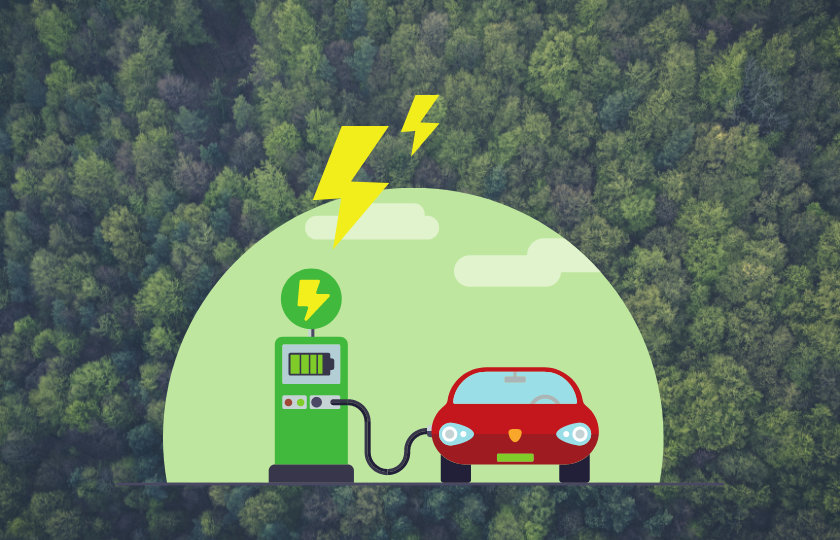Swiss renewable solutions company Stora Enso is planning to develop EV batteries from trees, seeking to meet the demand of the global battery sector by offering renewable alternatives for the automotive industry.
According to a report, the global battery market is predicted to increase tenfold by 2025, primarily driven by the shift from traditional fossil fuel-powered vehicles to electric cars, buses, and bikes.
Unfortunately, manufacturing EV batteries requires finite resources such as lithium, nickel, and cobalt that require energy-intensive mining processes. In addition, the traditional extraction process itself may reduce the potential climate benefits of its role in minimising harmful emissions.
To meet the demand for EV batteries, the company said it invests more than 140 million euros each year in research and development to find solutions to replace fossil-based materials with renewable and eco-friendlier materials.
Kari Nikunen, director of pilot and demo plants, Stora Enso, shares that the company is currently developing alternatives to the scarce raw materials using Lingin, a macromolecule found in plants.
“We have been investing in utilising the full potential of lignin for a long time, and now this development is culminating in Sunila’s unique pilot plant,” said Nikunen.
Lignin is a renewable and non-toxic raw material and can be found in all plants, making up a third of the composition of wood and nature’s second most common macromolecule after cellulose. According to the company, the carbon in Lignin can potentially replace non-renewable carbon from graphite and similar elements.
The company has been producing Lignin in its Sunila Mill since 2015, with an annual production capacity of 50,000 tonnes, making it the world’s largest producer of craft Lignin.
“We believe that the use of abundantly available renewable raw material – i.e. wood – is crucial to find more sustainable and affordable alternatives to fossil or mined materials, which are limited in the world,” adds Lauri Lehtonen, head of innovation, Stora Enso.



